Are the Taliban's actions in Badakhshan part of their foreign policy tactics?
In August 2025, it will be four years since the Taliban came to power in Kabul. The initial focus of the Taliban after coming to power was on establishing centralized authority in the country, halting poppy bean cultivation, and attempting to govern the country based on Sharia law. The new government also aims to improve the socio-economic situation in the country, pursue stable and pragmatic policies with neighboring states, and achieve international recognition.
World
15.07.2025, 10:57
Share:
However, the local protests on June 21 of this year and their brutal suppression in the Hash Badakhshan area of Afghanistan's northeastern province cast doubt on the country's recently initiated improvement in its international image. At the same time, the actions of the Taliban in the strategically important province of Badakhshan, which borders Tajikistan, China, and Pakistan, may play a tactical role in integrating Afghanistan into the global community.
This is not the first instance of local protests erupting in the Badakhshan region. A similar incident occurred in the spring and summer of 2024. The main reasons for the protests can be identified as follows. Firstly, the Taliban's policy of sharply restricting poppy bean cultivation deprives the province of its main source of economic income. This, in turn, leads to an increase in poverty, hunger, and discontent among the local population. Secondly, due to the authorities' desire for strong centralization of the country, the appointment of Pashtuns to most administrative positions slows down effective interaction between the Persian-speaking population of the region and the administration. Protests may express the local residents' desire to see representatives of ethnic Tajiks and Uzbeks in administrative positions, which would allow for a more effective and pragmatic dialogue with the authorities.
Despite the aforementioned problems, the changes that the Taliban is trying to implement in this conflict-ridden province may be part of its complex foreign policy strategy. Firstly, the new government's refusal to cultivate opium, despite the economic crisis in the country, and its active anti-drug policy help to create an image of a pragmatic and reformist government in the eyes of the international community. However, the brutal suppression of protests in Badakhshan creates a paradox: on one hand, the desire to end poppy bean cultivation is welcomed, on the other hand, the use of force is condemned. Nevertheless, the agreements reached at the UN-sponsored meeting in Doha in 2024-2025, concerning the development of the private sector and cooperation in the fight against drugs, indicate a gradual improvement in the international community's attitude towards the new government.
Secondly, the use of force to maintain stability demonstrates the Taliban's centralized control and ability to resolve internal conflicts. This encourages major world powers to express confidence in the prospects of the new Afghan government, which occupies an important geopolitical position in South Asia, and to expand cooperation with it. The recognition of the Taliban government by the Russian Federation, as well as the desire of Central Asian countries and China to develop economic and neighborly relations with Afghanistan, confirm these assumptions.
The negative attitude of the international community toward the Taliban in the early years of their rule, as well as suspicions about their future, may gradually be replaced by a more positive perception thanks to pragmatic, and forward-looking foreign policy.
Khujabekov Ubaydullo\
The Institute for Advanced International Studies (IAIS)
Similar news
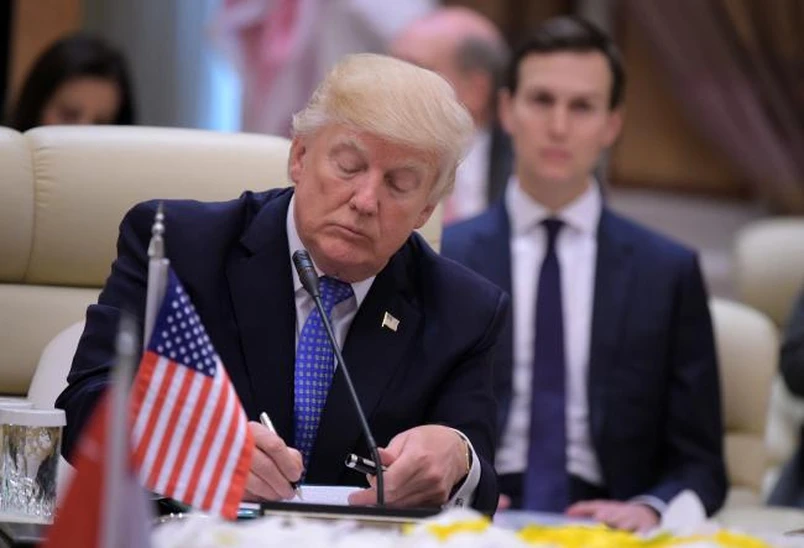
On Donald Trump's plans in the Middle East (during his visit to the Persian Gulf countries)
World
16.05.2025, 14:33
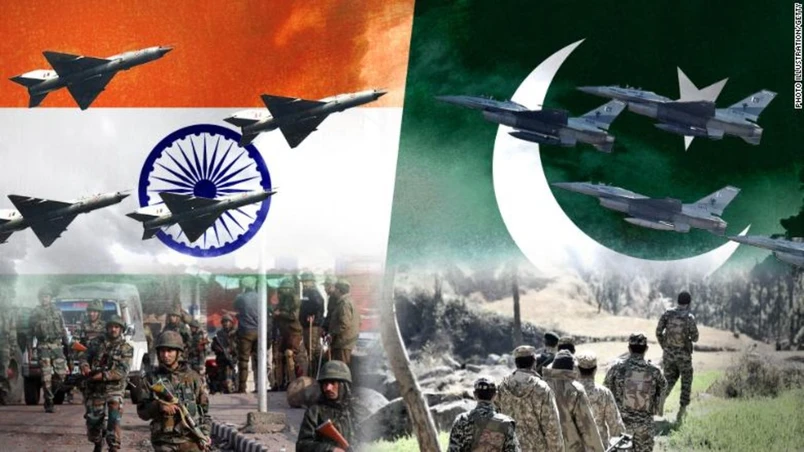
Kashmir Crisis – 2025: A Brief Analytical Report
Politics
06.05.2025, 14:19
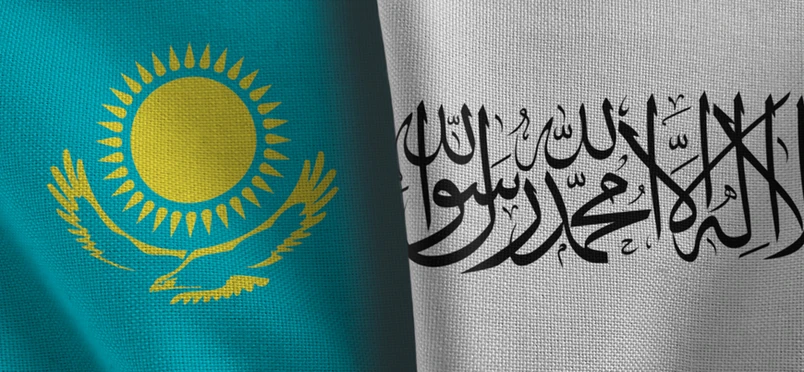
What are Kazakhstan's ambitions regarding Afghanistan?
Economy
29.04.2025, 15:53
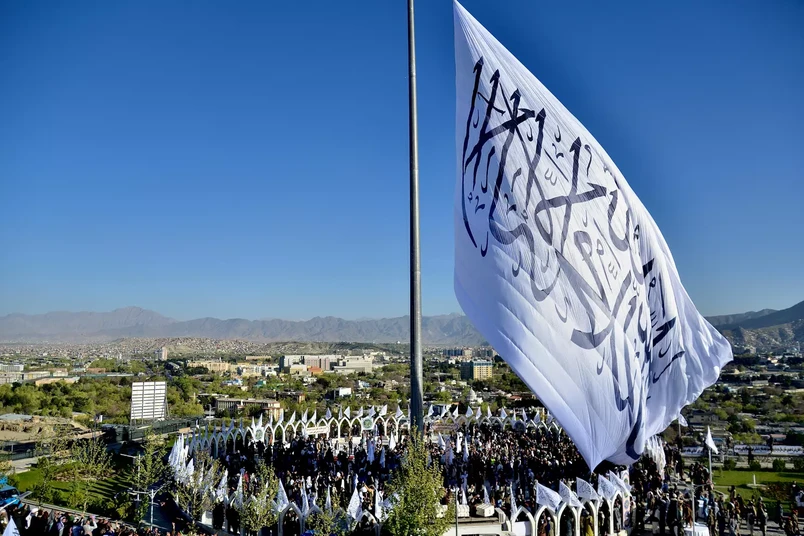
Uzbekistan – Afghanistan: Government to government diplomacy
Politics
04.03.2025, 12:38
Latest news

Paradigma Media Honors Eight Voices in Journalism and Civil Society
Cultural
02.02.2026, 19:18

Canadian singer David Carroll addresses Uzbeks
Uzbekistan
25.10.2025, 14:19

Man Caught Smuggling 5.2 Billion UZS Worth of Gold Jewelry from Kyrgyzstan into Uzbekistan
Uzbekistan
18.07.2025, 10:07
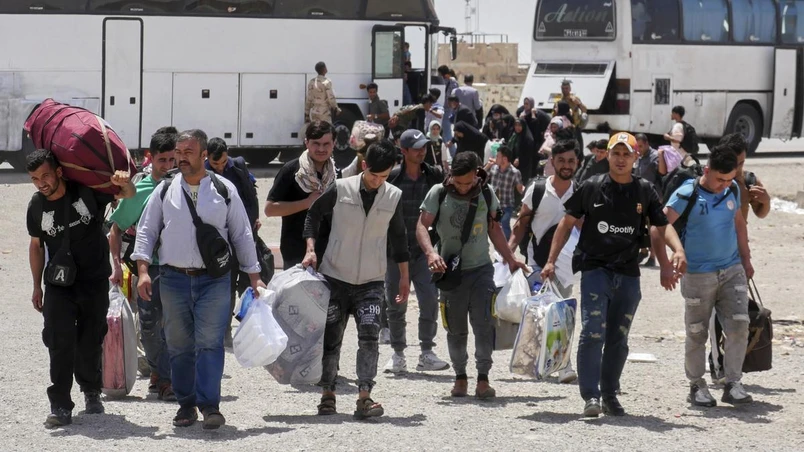
Iran and Afghanistan: A New Wave of Deportations
Politics
11.07.2025, 12:20
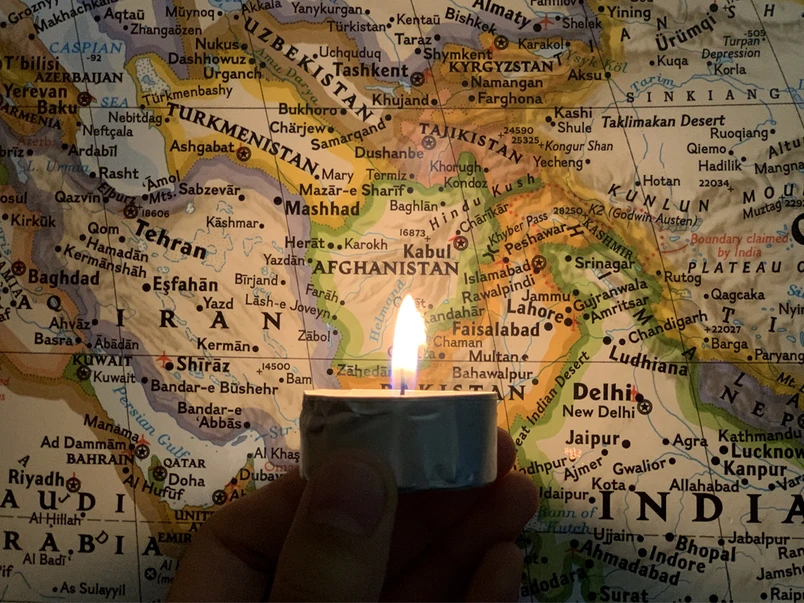
Afghanistan on the Geopolitical Chessboard of the Middle East
World
01.07.2025, 13:07
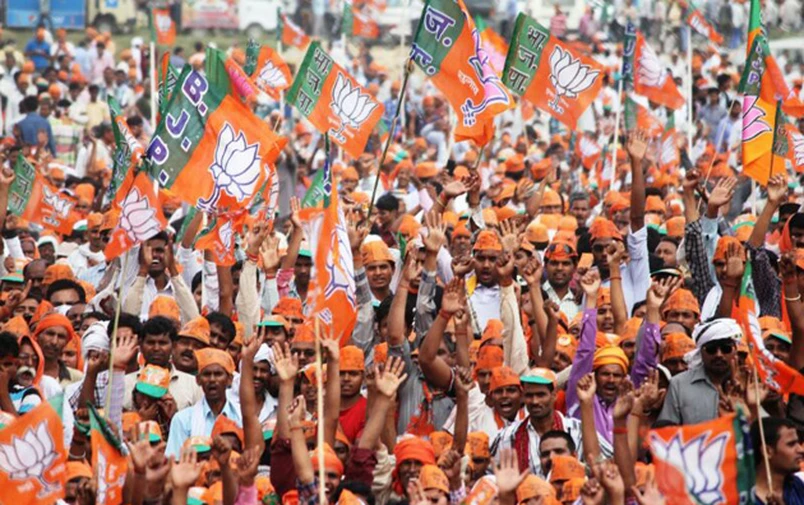
The Impact of India’s Nationalist Policy on Domestic Political Stability and Territorial Integrity
Politics
30.06.2025, 11:38
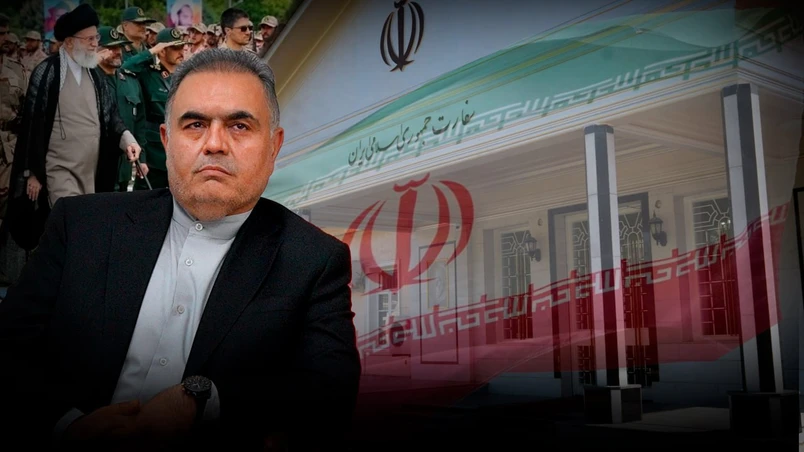
Embassy Statement: The U.S. and Israel Bear Full Responsibility for All Such Conflicts
Politics
25.06.2025, 13:18
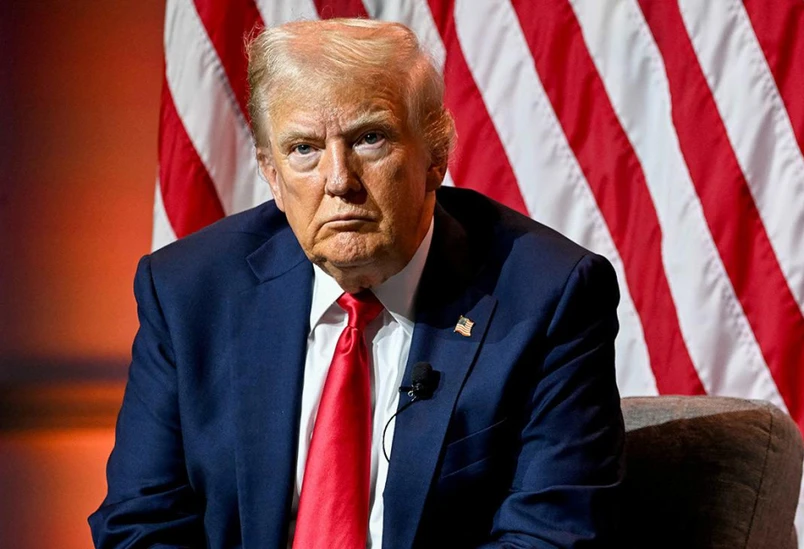
Trump Calls for Iran’s Unconditional Surrender – NYT
World
18.06.2025, 00:53
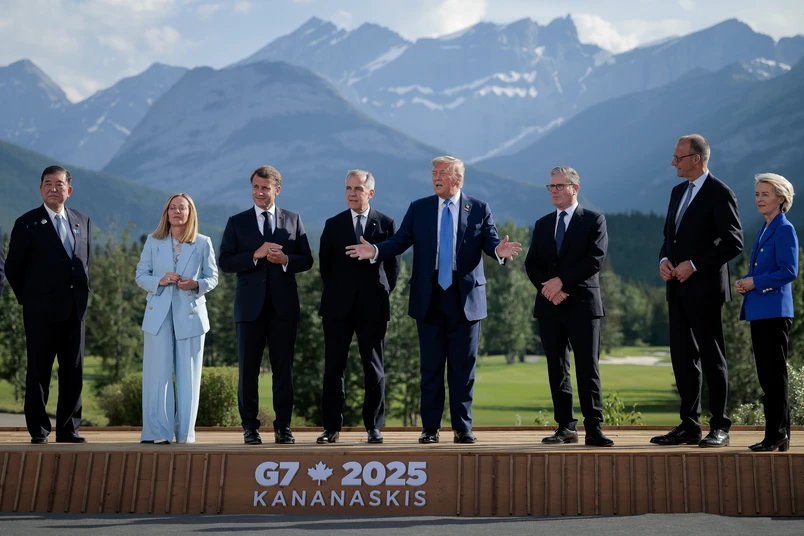
G7 Fully Supports Israel – Media Reports
World
17.06.2025, 14:44
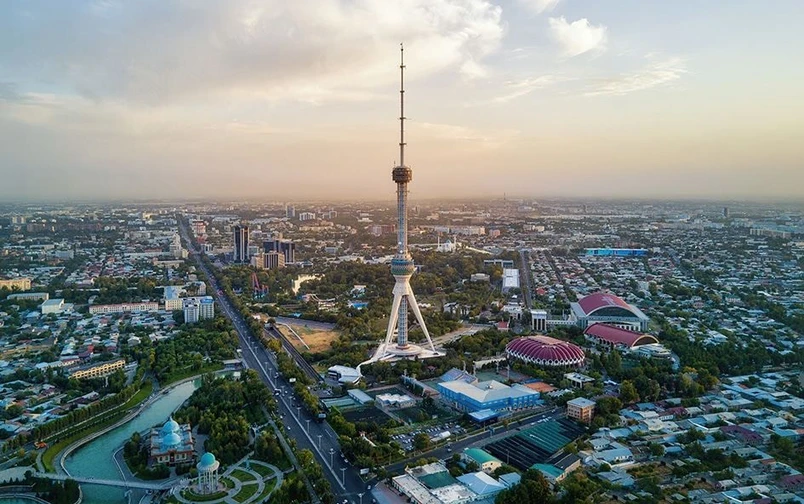
In Afghanistan, Abandoned by NATO and the U.S., Uzbekistan Implements a New Strategy
Politics
09.06.2025, 15:47
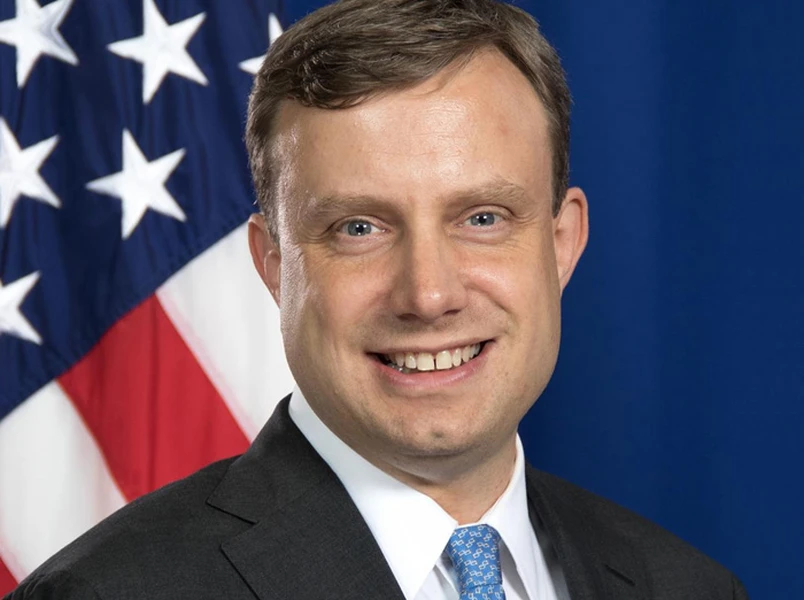
Eric Meyer, Senior Official of the U.S. Bureau of South and Central Asian Affairs, to Visit Uzbekista
Politics
09.06.2025, 13:53

